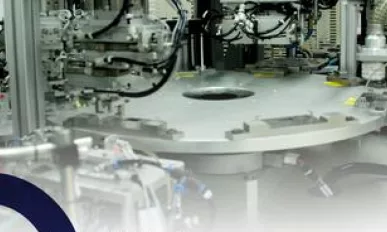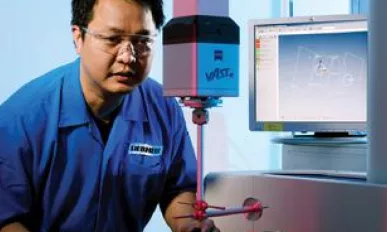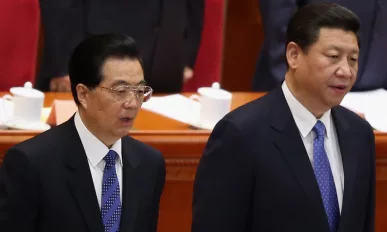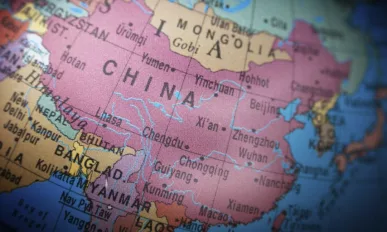Issue 7
SMC Food 21 : Powder-Perfect Manufacturing
With expansion on the cards, SMC Food 21 are working to achieve more efficient production of their powder based products.
Accesstech Engineering Singapore : Access All Areas
Accesstech have the expertise to perform prominent engineering construction ranging from pharmaceutical, biomedical, electronics and aerospace to name but a few.
EDMI Meters : The Future of Smart Metering Solutions
EDMI Meters Limited is one of the leading smart metering solutions providers in the world.
Beyonics Technology : Beyond Manufacturing
Beyonics Technology Limited is a leading provider of advanced contract manufacturing services for Original Equipment Manufacturers worldwide.
Liebherr-Singapore : Asia’s Aerospace Artisans
Liebherr-Singapore are proving that cost effective solutions and high quality services are the key to success.
Lian Beng Construction : Home-Grown Construction Giants
With its current growth strategy, Lian Beng are geared to become the largest home-grown Singapore construction group.
Chinese President Places Further Focus on Africa
In his first year, president Xi Jinping has embarked on his first foreign trip, making stops in Russia and Africa.
China’s Economy Close to Overtaking US
China is set to overtake the US as the world’s number one economy, while India has jumped into third place ahead of Japan, according to a new study from the world’s leading statistical sources.
ARCADIS : China, India and Japan Among Top Markets for GDP Return
ARCADIS study reveals that eight of the top 11 markets that will see the greatest increase in built asset performance by 2022 will be in Asia
Stan Shih, Founder of Acer, Set to Retire
Stan Shih, the founder of Taiwan’s personal computer manufacturing company Acer, said this week that he plans to retire as the chairman next month.
Mink Take on the Beauty Industry with 3D Makeup Printer
The ‘Mink’ is a $300 device that will purportedly let anyone create completely customised makeup shades any time they want, from the comfort of their own home.
Singapore Airlines Launching Premium Economy Class
CEO Goh Choon Phong has announced Singapore Airlines (SIA) will launch a premium economy class in the second half of 2015.
Xiaomi in Global top 10 for Smartphone Shipments
Chinese phone-maker Xiaomi has broken into the global top 10 for the first time, the newest figures from Canalys say.
Laos Dam Schemes Challenge Regional Cooperation
The construction of Don Sahong dam on the Mekong River in southern Laos is provoking a great deal of international criticism, especially for a dam with a relatively small generating capacity of 260 megawatts.
















